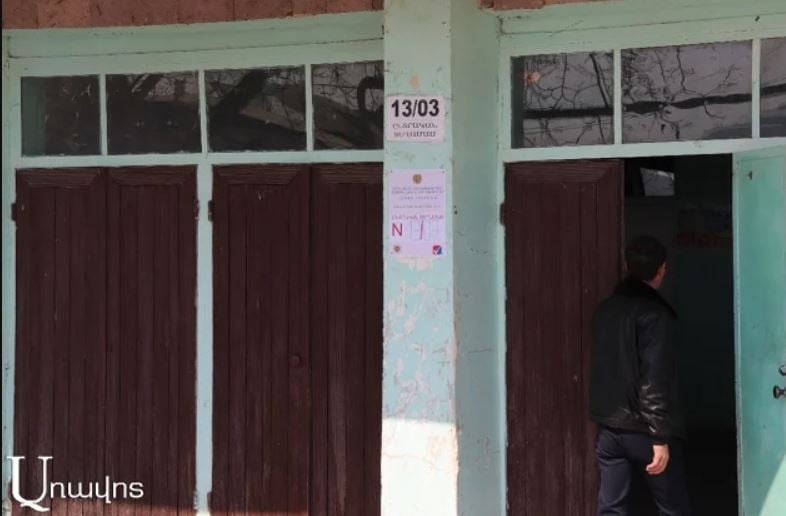The city council elections were held in Vedi on Sunday. According to preliminary results, the ruling party Civil Contract received the highest percentage of votes. Although it is obvious that state and administrative resources have been used, the voting results do not seem to have been rigged. In my opinion, in Vedi, as in many other cities in Armenia, a significant part of the population supports Pashinyan’s party. This phenomenon was explained in a very accessible way by one of the representatives of the ruling electorate. If we briefly rewrite what he said, the meaning will be the following: Of course, it is unfortunate that soldiers are killed in Artsakh and people are evicted from their homes, but that is not our pain in the end. Why do the citizens think so? Because the “previous government” is to blame for this tragedy.
Let’s not rush to blame the citizens, especially not try to put labels on them. Let’s understand why they think that way and what leads to such thinking. It seems to me that we are dealing with the psychological mechanism of “expulsion” (“repression” according to psychoanalytic theory), when people drive away natural anxiety, fear, inspiring them that a) danger is too far away and they are not threatened directly, b) what has happened and is happening is beyond their responsibility, it is a conspiracy of some semi-mythical enemy forces. When such a self-defense mechanism works, any catastrophe, any tragedy that has happened or may happen to a given person, is perceived with a certain indifference, a double inaction. In other words, if (God forbid) the enemy comes to that citizen’s house and expels them, that citizen will most likely think, “Eh, what can we do? It is all because of the ‘former regime.’” (“The former regime” can be successfully replaced by Russians, Americans or, say, “globalists”). It may seem absurd or surprising, but such “repression” comforts people and calms their conscience. Not only the ordinary citizens of Vedi, but also hundreds of thousands of people, including the highest-ranking leadership of our country.
This, in my opinion, is one of the main, deep reasons for the defeat in the last war. We did not have the psychological resources of mobilization, we did not have common national goals (no matter how much we talked about them for 26 years), we did not have a general determination to defend ourselves. We are talking about the general resistance, not the heroic deeds of the selfless heroes we witnessed. That fateful thinking that I am describing, of course, did not arise in 2018. Simply, Pashinyan, feeling the public mood very well, was able to skillfully “ride” them and solve the problem of change of power.
Public apathy (“well, what can you do?” moods) is overcome first of all by a change in state policy. So far, I do not see the plan for that change in either the government or the opposition.
Read also
Aram Abrahamyan






















































